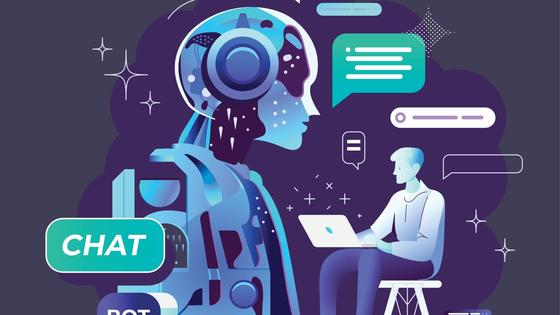ChatGPT could become a legitimate dissertation-writing tool
ChatGPT is an AI-powered chatbot launched by OpenAI back in late 2022. It is capable of conversational dialogue in virtually all natural languages.

Since its creation, many educational institutions have expressed concern about the risk of students cheating whilst pursuing degrees. ChatGPT algorithms enable you to draft a complete scientific paper from scratch together with a high percentage of originality. However, anti-plagiarism tools, such as Turnitin, cannot even recognise the artificial creation behind this.
Rather than looking for new ways to eradicate this kind of fraud, some universities and education experts suggested legalising the use of ChatGPT for writing student papers. However, the reality is that ChatGPT still requires a certain degree of involvement from the student working on an educational subject during the research process because, to create high-quality work, you need to instruct AI throughout all stages. So, it is essential not only to ask AI exactly the right questions but also to develop prompts, critically evaluate the created materials and integrate them into the work in a manner that combines a student's knowledge and subsequently enables them to successfully defend it.
Considering the ongoing development of artificial intelligence technologies and the slow response of educational communities towards them, the official application of ChatGPT and similar student platform tools could permanently solve academic fraud. However, the official adoption of this decision remains a long way off – so keep your eyes peeled for the news!












 “I’m Here for the Long Haul”: When Loyalty to a Company Becomes Toxic
“I’m Here for the Long Haul”: When Loyalty to a Company Becomes Toxic
 Freelancing, Remote Work, Office Jobs, or Consulting: How to Choose the Work Format That’s Right for You
Freelancing, Remote Work, Office Jobs, or Consulting: How to Choose the Work Format That’s Right for You
 Test: How Prone Are You to Abusive Behavior as a Manager?
Test: How Prone Are You to Abusive Behavior as a Manager?
 Test. What superpower would you possess if you were a superhero?
Test. What superpower would you possess if you were a superhero?
 Test. What Should You Let Go of Before Winter Ends?
Test. What Should You Let Go of Before Winter Ends?
 Test. Which Ritual Should You Start Practicing This Winter?
Test. Which Ritual Should You Start Practicing This Winter?
